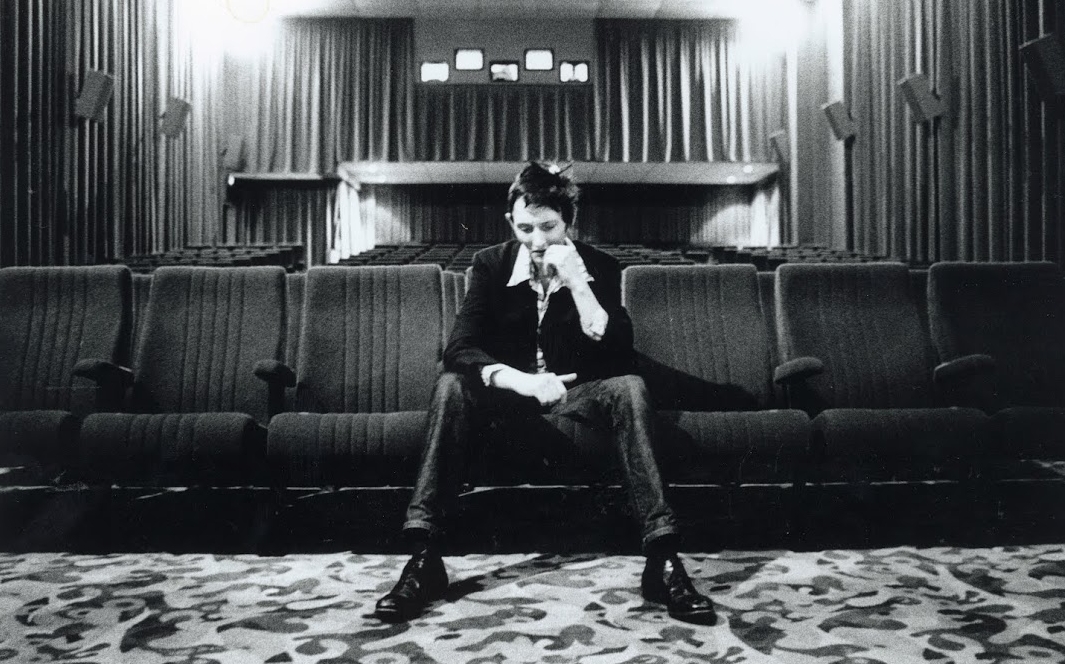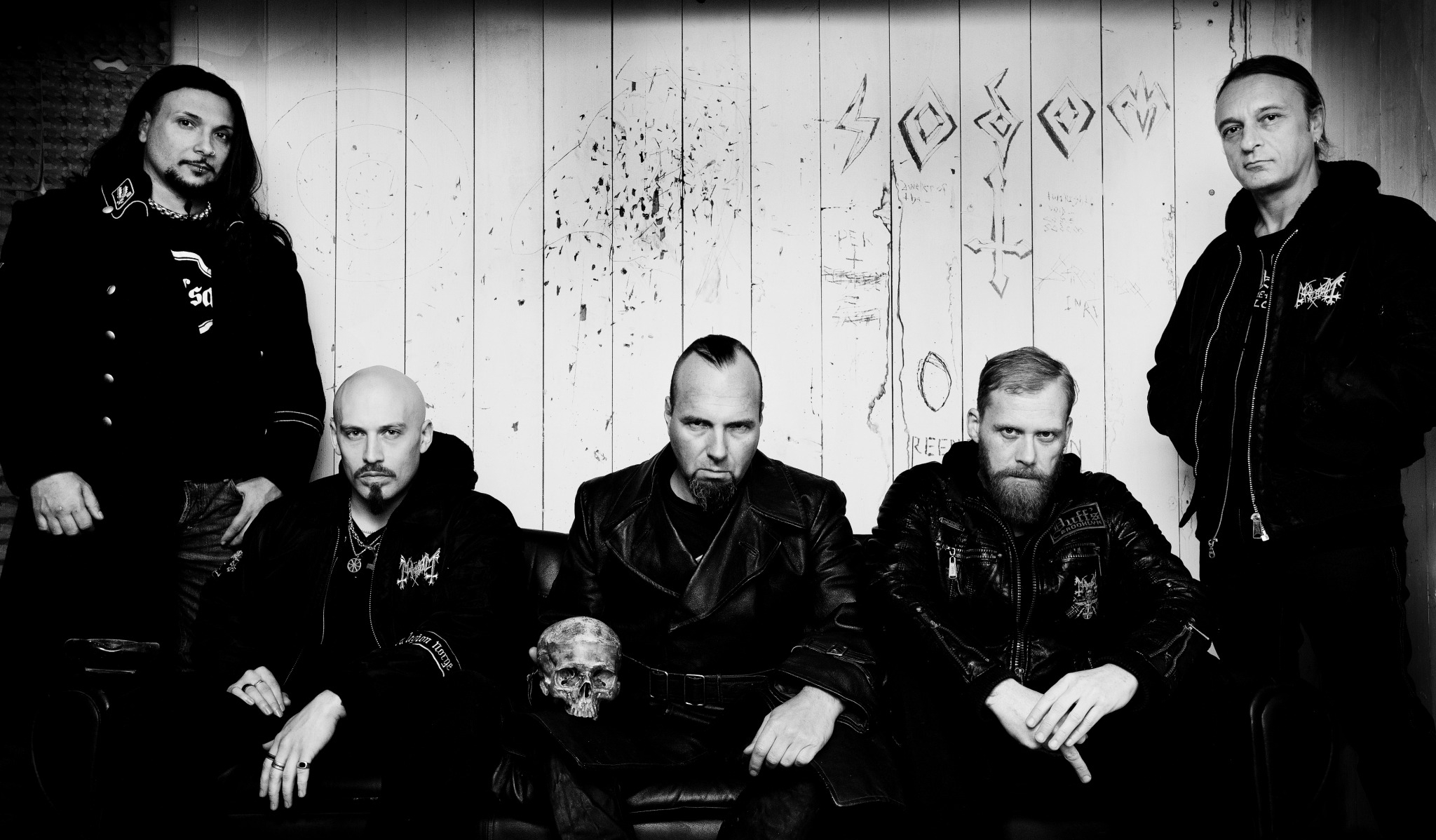Howard sadly passed away in 2009, but the body of work he left behind gives credence to this declaration. Due for release on October 24, the 32-track Rowland S. Howard anthology Six Strings That Drew Blood travels chronologically through his 30-year music career. The collection shows that, while many chiefly know him for his dazzling, violent guitar work in The Birthday Party and The Boys Next Door, Howard was a truly original singer, songwriter and bandleader in his own right.
“That’s what he set out to do – make his mark on the world.” says Howard’s brother and band mate, Harry Howard. “I don’t think Rowland made an album that wasn’t pretty extraordinary in his career.”
Coinciding with the release of the anthology, a group of Howard’s closest friends and musical associates – including Harry Howard, Mick Harvey, Genevieve McGuckin, JP Shilo, Adalita and Jonnine Standish – will take over the Melbourne Festival Hub for two nights in celebration of the Australian music visionary.
Six Strings That Drew Blood commences with Howard’s best-known composition, Shivers. Written by Howard at the age of 16, Shivers was a minor hit for The Boys Next Door in 1979. The version on the anthology is a solo live recording from 1999, which makes it immediately clear Howard didn’t merely exist in Nick Cave’s shadow. At the time of that aforementioned documentary, however, the extent of Howard’s influence was rather slight compared to that of his former band mate.
“When we came out of The Birthday Party he had a really good profile,” says The Birthday Party member Mick Harvey. “There was always people who were huge fans of Rowland. For some reason they wouldn’t get a vibe around an album that he’d be doing. It happened with [Howard’s 1999 solo debut] Teenage Snuff Film too. When that came out it didn’t have a high profile at all and it kind of disappeared.”
The friction caused by Howard and Cave’s competing creative personalities led The Birthday Party to split-up in 1983. Strangely enough, not long after the band’s demise, Howard was playing guitar for another band of London-based Aussie ex-pats, Crime & The City Solution.
“He’d just come out of The Birthday Party and he needed to be starting his own thing,” Harvey says. “Then he just sort of joined the band when Simon [Bonney, vocals] asked him. It was like, ‘Why?’ He just didn’t need to be in that situation again.”
Howard’s guitar playing and songwriting are integral components of Crime & The City Solution’s 1986 LP, Room of Lights, but his stint with the band wasn’t fated to last.He’d soon put together his own band, These Immortal Souls, featuring Harry Howard on bass, lifelong friend and confidant Genevieve McGuckin on piano and ex-Swell Maps drummer Epic Soundtracks.
Intermittently active for a decade, These Immortal Souls released two excellent records; Get Lost (Don’t Lie!) in 1987and I’m Never Gonna Die Again in 1992. Unfortunately, the power of Howard’s songwriting wasn’t reciprocated commercially.
“It all went really well for quite a while and then we had this terrible hiatus between the first and the second albums,” Harry recalls.
“He didn’t think about career, in a way,” says McGuckin. “He just did whatever came next. If someone said ‘here’s a ticket to New Orleans’ he was like, ‘Oh, all right.’”
One of the standout tracks on Six Strings That Drew Blood is So The Story Goes –from These Immortal Souls’ second record – which includes the lyric, “Everybody knows I’ve got no sense of humour/ I’m too morose and too damn peculiar.” This moment of ironic self-deprecation could be used to summarise Howard’s entire creative perspective.
“He was always a very emotional person, very vulnerable,” McGuckin says. “He was a tragic romantic.”
“There was part of Rowland that was just upset,” agrees Harry.
“Almost constantly,” continues Harvey.” “He’d even make jokes about it and be quite funny as well. But it was still part of who he was.”
“He didn’t write songs when he was happy,” McGuckin adds. “I think very few people do.”
The fact that Howard would only write when afflicted by inner conflict explains his proclivity for minor keys, modal dissonance and shrieking guitar noise, as well as his grim, often self-scathing poeticism. It also meant that he wasn’t what you’d consider a prolific songwriter.
Nevertheless, after These Immortal Souls faded from view, Howard carried on to a solo career. His 1999 debut Teenage Snuff Film isa truly striking document of a unique artist, beautiful and mournful at the same time. Faced with health struggles and finally overcoming a long heroin habit, Howard didn’t release a follow-upuntil ten years later. That record, Pop Crimes, came out just months before his death.
“The funny thing is that, whatever happened and whatever way it happened, it all seemed to end up with a really good output of Rowland’s,” McGuckin says. “Even though people say he didn’t make enough records, I think that what he did make is wonderful.”
BY AUGUSTUS WELBY

